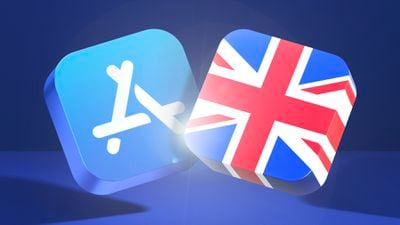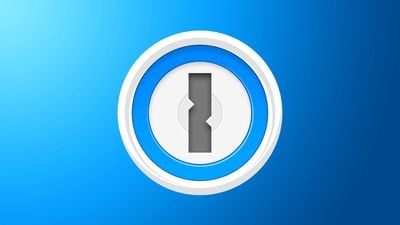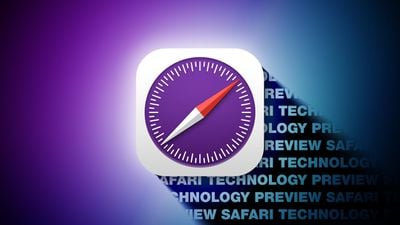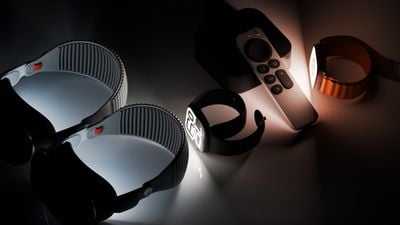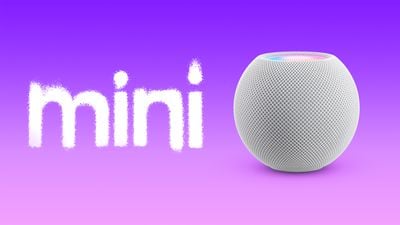Tesla is working to add support for Apple CarPlay in its vehicles, Bloomberg's Mark Gurman reports.

Tesla vehicles rely on its own infotainment software system, which integrates vehicle functions, navigation, music, web browsing, and more. The automaker has been an outlier in foregoing support for Apple CarPlay, which has otherwise become an industry standard feature, allowing users to mirror their iPhone apps to their in-car infotainment screen.
Now, Tesla seems to have abruptly reversed course and apparently intends to add support for the highly requested feature. Apple CarPlay for Tesla vehicles is said to now be in testing, according to several individuals familiar with the matter. The company has purportedly discussed a roll out of feature "in the coming months," but release plans are not yet finalized and it could come at a later date.
Tesla's adoption of CarPlay will involve the feature operating "within a window inside its broader interface," rather than being a full-screen experience like it is in most vehicles. Tesla's implementation will also be the standard version of wireless CarPlay, rather than the next-generation CarPlay Ultra that started rolling out earlier this year.
Tesla apparently hopes that adding support for Apple CarPlay will help boost sales, with some prospective buyers citing the lack of CarPlay support as a reason for not choosing the company's cars.


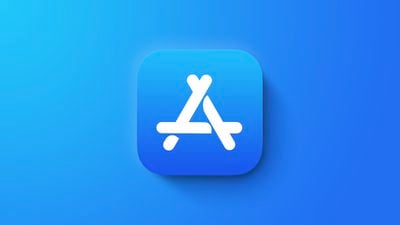
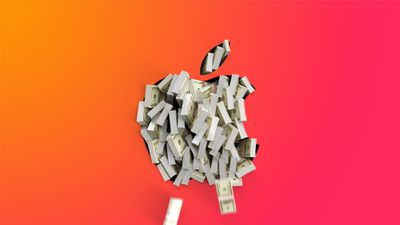
 Note: MacRumors is an affiliate partner with some of these vendors. When you click a link and make a purchase, we may receive a small payment, which helps us keep the site running.
Note: MacRumors is an affiliate partner with some of these vendors. When you click a link and make a purchase, we may receive a small payment, which helps us keep the site running.
